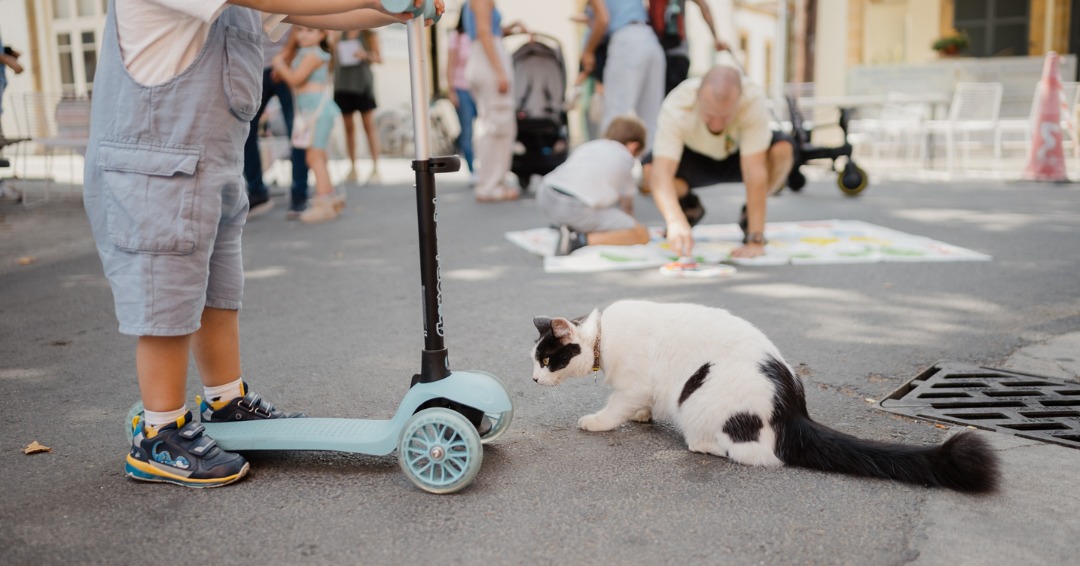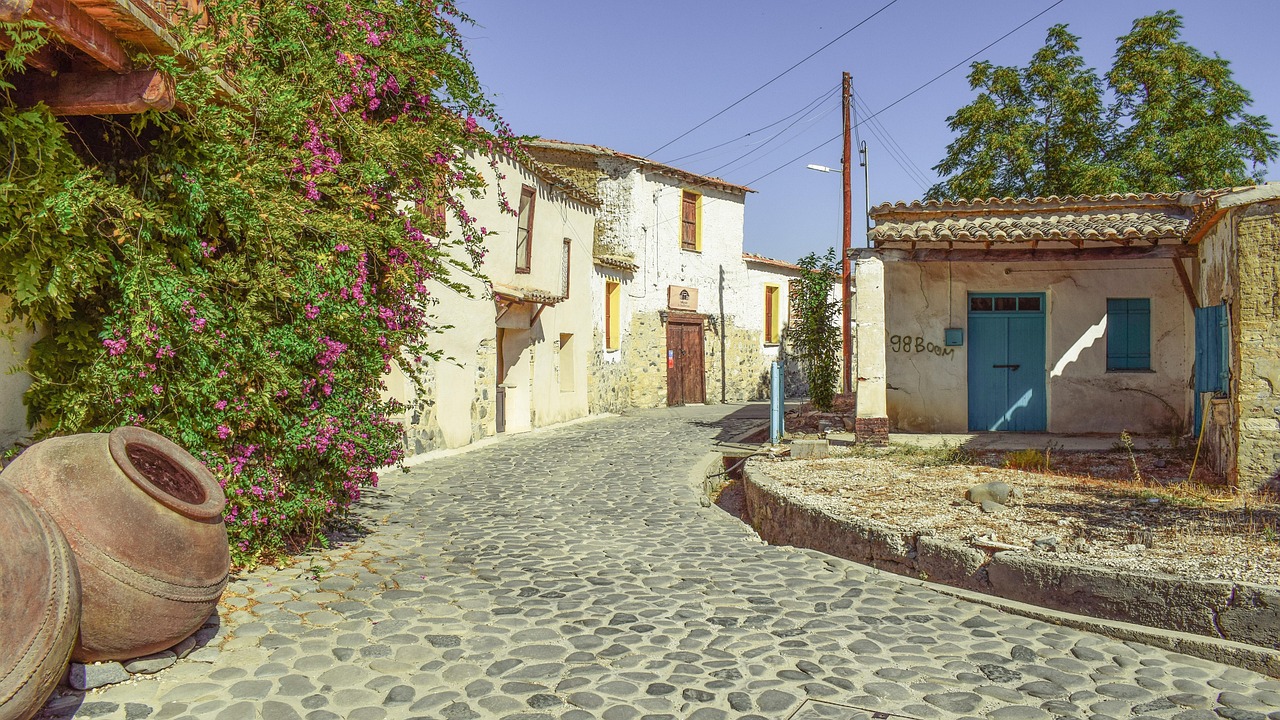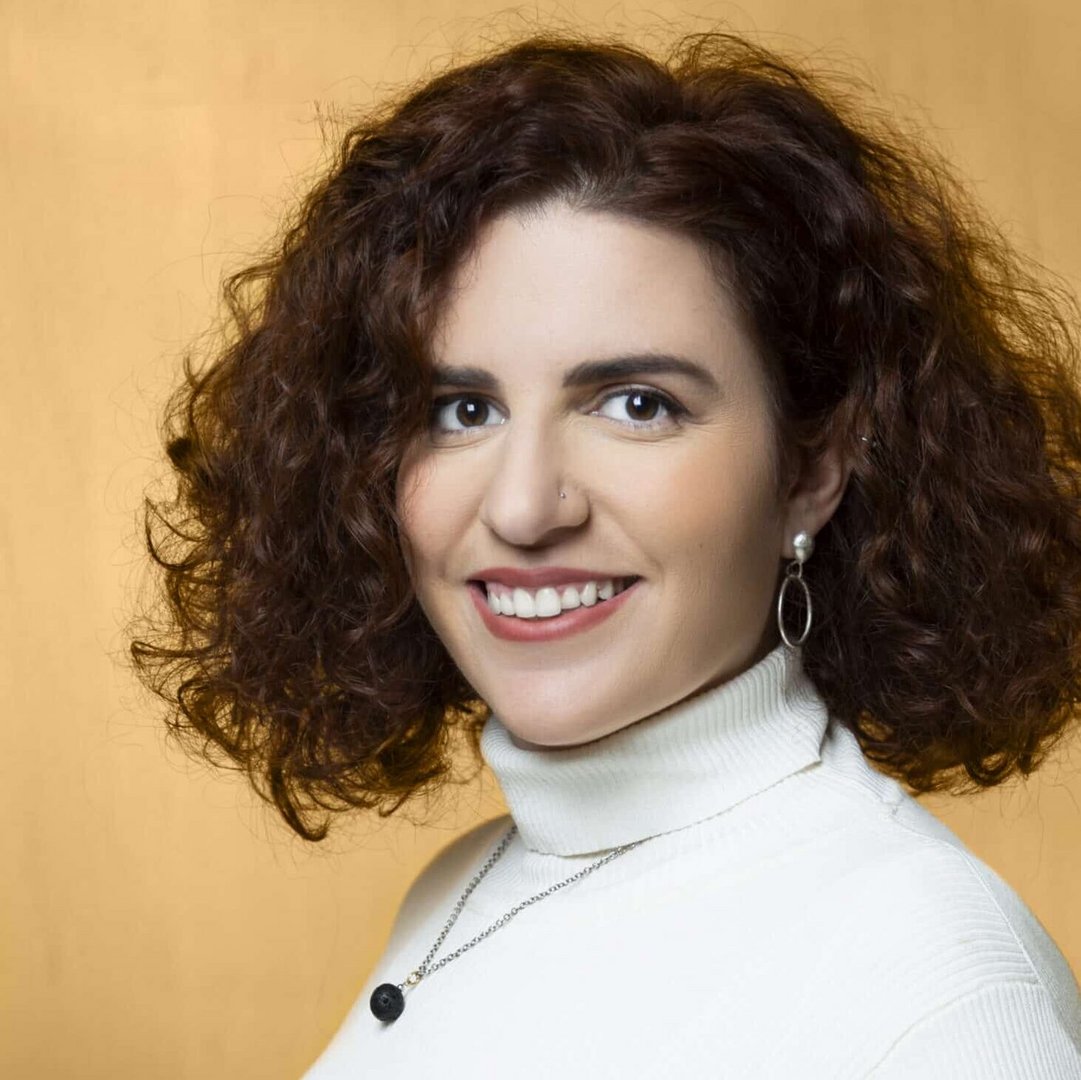‘Neighbourhoods have become shortcuts, ways to avoid main roads and traffic’
Stepping out of a Nicosia restaurant one evening, I walked along the pavement when a sound stopped me. It wasn’t the roar of a car speeding past, it was the sound of a football bouncing. Two young boys were playing in their front garden. The scene took me back to childhood summer evenings, when kids weren’t glued to screens and neighbourhood friendships were created outdoors.
I sound like my 70-year-old uncle, reminiscing about ‘the good old days’ but isn’t there some truth to it? Do kids still play outside? Do neighbourhoods still carry that communal feeling, or has that become a rural relic found only in villages? And what happens if villages begin to disappear as elders die out?
These thoughts brought another question to mind – are locations set to slip off the map as life moves elsewhere? In Cyprus, the signs are everywhere. Abandoned buildings stand like paused memories. Some villages risk extinction, while city neighbourhoods are being swallowed by speed and development.
Take Katydata, a quiet village with little life beyond one month of the year. When July arrives, the Windcraft Music Fest transforms it. Artists from around the world, Cypriot musicians, faithful festival-goers, and elderly villagers gather for a weekend of concerts, workshops and connection. The village pulses with life, then returns to silence.
Windcraft founder Elli Michael has roots in Katydata. Her family home now serves as the festival’s artist house or, as she lovingly calls it, “the headquarters.”
“It feels incredible to now host annual summer festivals in my family’s village,” she says. “Giving back to the community – not only the artistic community, but also the local one, it means a lot.”

The festival creates a rare spark. Villagers open their doors to host art workshops. They serve fresh lemonade, fruit and cake to guests. Some are oblivious to the calibre of musicians visiting; others are proud participants. All, though, seem happy to welcome guests.
But outside of festival days, Katydata sees little tourism. Unlike its lively neighbours, Galata, Kalopanayiotis or Kakopetria, Katydata has no shops or taverns, and its proximity to the Green Line may have cast a shadow over it throughout the decades.
“I think there’s a chance the village will disappear,” Elli admits. “There are no work opportunities or a school. Most people don’t stay. The church still operates, though. You can’t shut down a church,” she says laughing.
There are signs of hope as a few Katydata initiatives are actively trying to organise year-round activities. Meanwhile, is hosting a music festival enough?
Preserving memory, heritage and pieces of rural Cyprus that might otherwise vanish takes a lot of work, and it’s not just villages that are at risk of ceasing to exist. Neighbourhoods are, too.
“We’re destroying the concept of the neighbourhood,” says Georgios from the OPU Collective’s Ayioi Omologites base in Nicosia. “Neighbourhoods have become shortcuts, ways to avoid main roads and traffic.”
Where once they were places to exist, today they’re often transition zones. Georgios points to urban hubs like Ayios Dometios, Ayios Andreas, old Strovolos and old Kaimakli as rare city spaces still built around walkability and community.
“These places were built upon community engagement, to feel safe and together,” he explains. “Just like in the villages. And haven’t you noticed how society wants to bring that village lifestyle to the city?”
But for some that is not enough and they have already headed for the hills, or rather the villages. In the meantime, cities are expanding with modern development. High-rises, new properties disconnected from their surroundings, and car-centric infrastructure erode the very thing people crave – a sense of place.
A simple solution – or another act of liberation perhaps – is spending time in your neighbourhood and trying out new ways of being in it.
“Imagine how many people you will smile at when you walk or when you cycle in contrast to when you use your car,” says Georgios. “You can give it a go where you live because neighbourhoods are hugely important.”
Societies thrive when they are connected and in Cyprus, it often feel it’s each to their own. No love thy neighbour here.
“We need to have a say in decision-making,” adds Georgios, “and see public places and streets as spaces that we can hang out in, socialise, meet our neighbours and enjoy the whole city, not just the walls we live in.”
OPU Collective is one of several NGOs in Nicosia reclaiming these spaces through community projects, walking initiatives and participatory, public dialogues. In Kaimakli, for example, grassroots groups use the neighbourhood itself as a meeting ground.
“I realise more each day that saving neighbourhoods isn’t so hard – not in practice. What’s hard is changing how we think about them. Festivals feel like the last burning flame for people to experience this neighbourhood community feeling and think whether these urban places could be a place to live in, or even to explore other lifestyles.”
Whether it’s a fading village or an overlooked neighbourhood, places must be lived in, not just inhabited. Some are erased by speed, others by stillness. And perhaps, somewhere in between, there’s a middle ground. Because when a place disappears, it’s not always with a bang. Sometimes, it’s with a quiet shrug.






Click here to change your cookie preferences